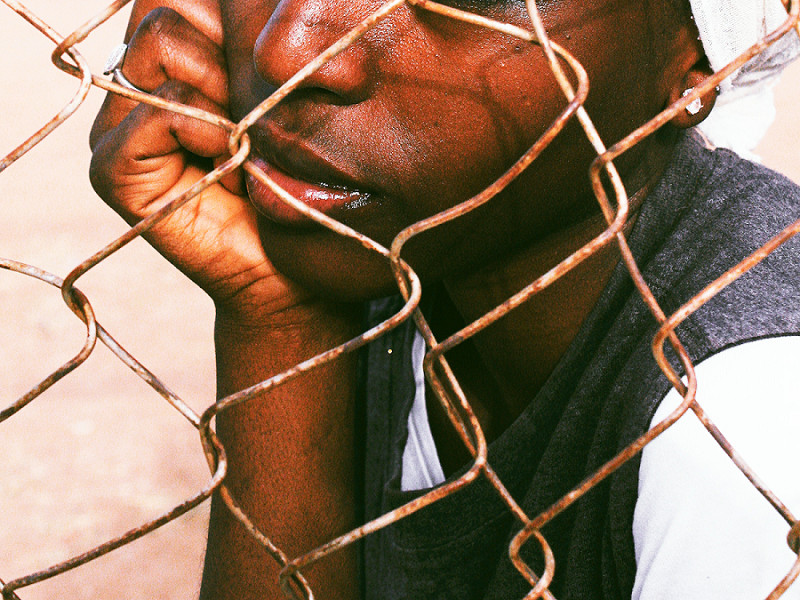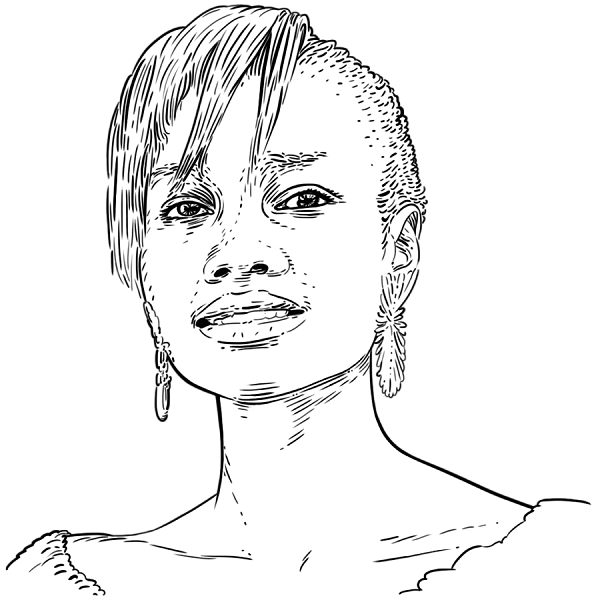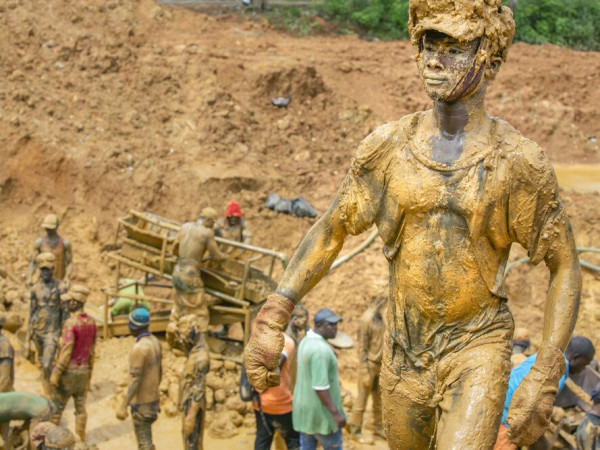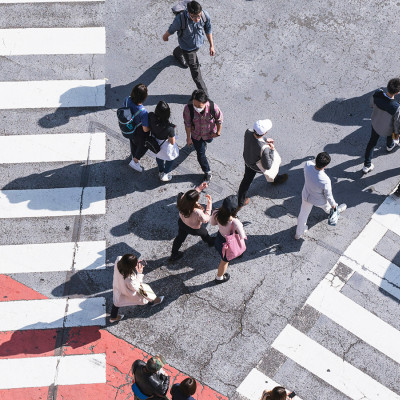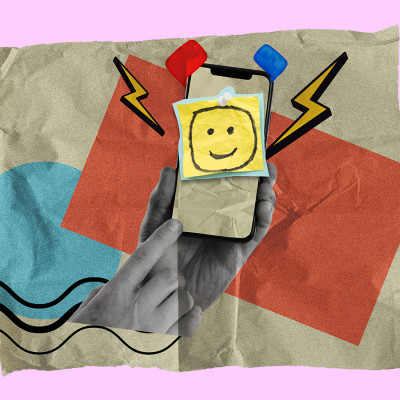Africa: human trafficking is a silent crisis
Human trafficking is a great hindrance in Africa. For as long as humans have existed, human trafficking has existed. Africa is where most victims of trafficking are sourced and trafficked to other countries such as the Gulf and Western Europe.
For more than 200 years, as researches from Liverpool museums show, people from many different parts of the world have forced their fellow humans into slavery. Between 1500 and 1900, Europeans forcibly moved people from West Africa and West Central Africa and shipped them across the Atlantic in conditions of great cruelty.
Across the contents, slavery has been used as a way to obtain cheap labor or sexual favors by depriving human beings of their rights. In the past, slavery was legal, controlled and common in many African countries. This took place until the year 1807, when the congress enacted a law to prohibit the importation of slaves into any port or place within the jurisdiction of the United States from any foreign kingdom, place or country. Despite slavery being illegal, human trafficking still occurs in every country.
Human trafficking, otherwise known as slavery, refers to the transportation, recruitment, transfer, harboring or receipt of a person by means of threat, or use of force, or other forms of coercion, of fraud, of abduction, of deception, of the abuse of power or position of vulnerability or of giving and receiving payments and benefits for the purpose of exploitation.
Human traffickers rob children their innocence, sexually exploit women and men, and enslave them to extreme working environment. They look for people who are susceptible for a variety of reasons, such as psychological or emotional vulnerability, economic hardship, unemployment, poverty, natural disasters and political instability.
So why is human trafficking still booming in African countries despite it being illegal?
Family and social networks
People whose families have been disintegrated through either death (leaving behind orphans and widows) or divorce are viewed to be more vulnerable to trafficking. Death of both parents is linked to intense poverty, thus increasing pressure on children to work and fend for themselves. Employers can either exploit them sexually or underpay them. People in poverty are targeted by traffickers, who offer them a way to earn money when, in fact, they will actually earn nothing and be treated as slaves.
Lack of human rights for vulnerable groups
In many African countries, groups that are marginalized in society lack institutionalized human rights, which can lead to them being potential victims of trafficking. Traffickers do prey on these marginalized groups because they lack protection of the law enforcement, their families, and even the society they live in. When countries lack fundamental laws regarding human rights, traffickers feel as though they can easily get away with what they are doing. This motivates them to do it openly.
For Instance, in Kenya, because of weak law enforcement on human rights, human traffickers who work under the recruiting agencies for domestic workers in the Gulf countries, do this openly. They get the license from the government, get a counterpart agency in the Middle East countries and start the process of recruiting the vulnerable girls and women, promising them a good work environment and pay which, in the long run - turns out to be false and sometimes not even taking them to the latter countries as per the agreement.
Upon arrival, some of the employers or the agencies confiscate their passports and thus tie them down to a life of slavery. With no support from families and the government, many of them endure the torture to death. We have had many cases of women who went to Saudi Arabia for greener pastures only to return to their families in coffins. The sad part is that prominent people in the Country own most of these recruiting agencies. Even if we think of canceling the licenses as a way of dealing with it, it might not really work because these are people in power.
Trafficking has a huge profit margin
The motive of traffickers regardless of the type of human trafficking they are engaged in is money. According to Forbes report, annually the business of human trafficking globally generates an estimate of $150 billion in profits. The large profit that the traffickers gain from this practice gives them an incentive to continue trafficking people in both forced labor, sex exploitations and organ sales.
They get cheap labor by forcing the enslaved to work for them and then sell their products and services at higher prices. With sex trafficking, all the profit are taken by traffickers, forcing women to get a certain target by the end of the day. They keep them in this situation through threats, drugs and force.
Lack of legitimate economic opportunities
Traffickers offer seemingly legitimate jobs to people who cannot get them otherwise, only to lure them into forced labor, sex trafficking and more. Migrants who lack work permits, lack education, those who live in rural areas with less jobs available fall prey to the traffickers.
The most recent case is of a Kenyan university student Diana Chepkemoi who - due to lack of employment opportunities - went to Saudi Arabia in search of a greener pasture only to end up in the hands of a cruel boss. She narrates how people are abused, both physically and psychologically. «It is unfortunate that they tell us that there is nothing that we can do. My friends are suffering; the government has to do something». She adds that for women going to Gulf countries, poverty is always the enemy.
Human trafficking can be a thing of the past if we empower our communities in all aspects, education wise, creation of job opportunities, establishing a strong law enforcement on human trafficking, creating awareness and exposing young people on different projects of raising money, cancellation of license that operate unethically in the country.

